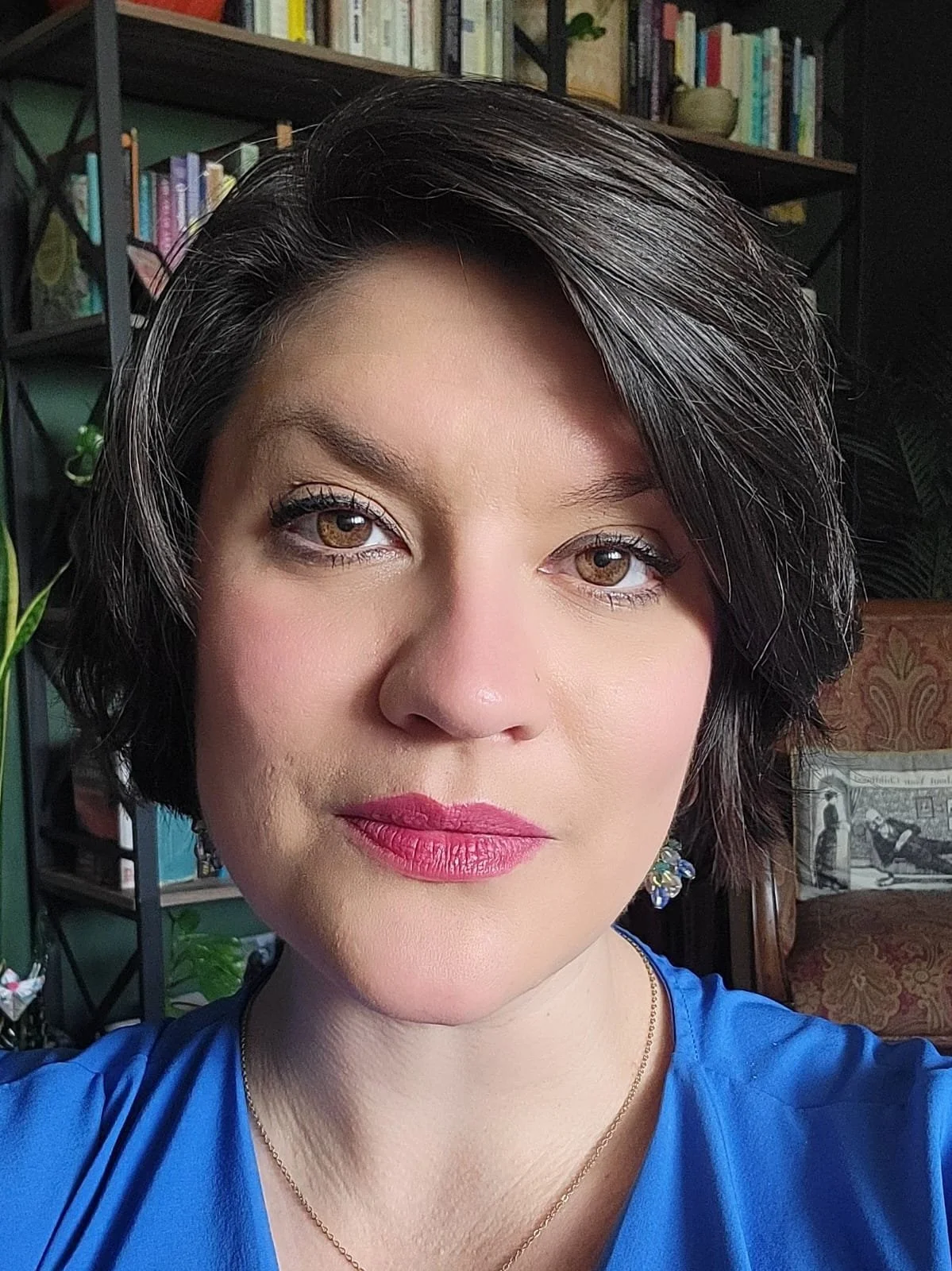Sarah Mayland, MS, LAPC, NCC, CPT, FNS, CPPC, RMT
I’m Sarah—a licensed psychotherapist, certified personal trainer and nutrition specialist, and Reiki Master. With both personal experience and clinical training in healing from narcissistic relationships, I combine empathy with evidence-based tools to support you in rebuilding trust in yourself and reclaiming your life.
What I Do & Who I Work With
I specialize in helping you recover from toxic relationship patterns—whether with narcissistic parents or partners—and heal the mind-body connection that holds the key to long-term change. You might be experiencing anxiety, feeling stuck after trauma, or yearning to understand your emotions and heal from within.
With therapy and coaching, we’ll:
Identify and break repetitive toxic patterns
Rebuild your emotional guidance system and self-confidence
Cultivate healthy habits and self-care for physical and mental energy
Set boundaries that feel safe and sustainable
All of this happens in a grounded, non-judgmental space—where your full self is welcome.
Optional Spiritual Add-Ons
When you’re ready, you can add energy healing, tarot, or astrology to deepen insight and support your emotional journey. These tools are entirely optional and always yours to choose.
Credentials
MS, Clinical Mental Health Counseling (Villanova University, 2015)
Licensed Associate Professional Counselor, PA (LAPC, 2025)
Licensed Clinical Mental Health Counselor Associate, NC (LCMHCA, 2025)
National Certified Counselor (NCC, 2024)
Certified Personal Trainer (NASM, 2019)
Fitness Nutrition Specialist (ACE, 2019)
Certified Prenatal/Postpartum Coach (Girls Gone Strong, 2022)
Reiki Master Teacher (2025)
I draw from psychodynamic, solution-focused, existential, Jungian, CBT, DBT, IFS, and more—using what serves you best.


